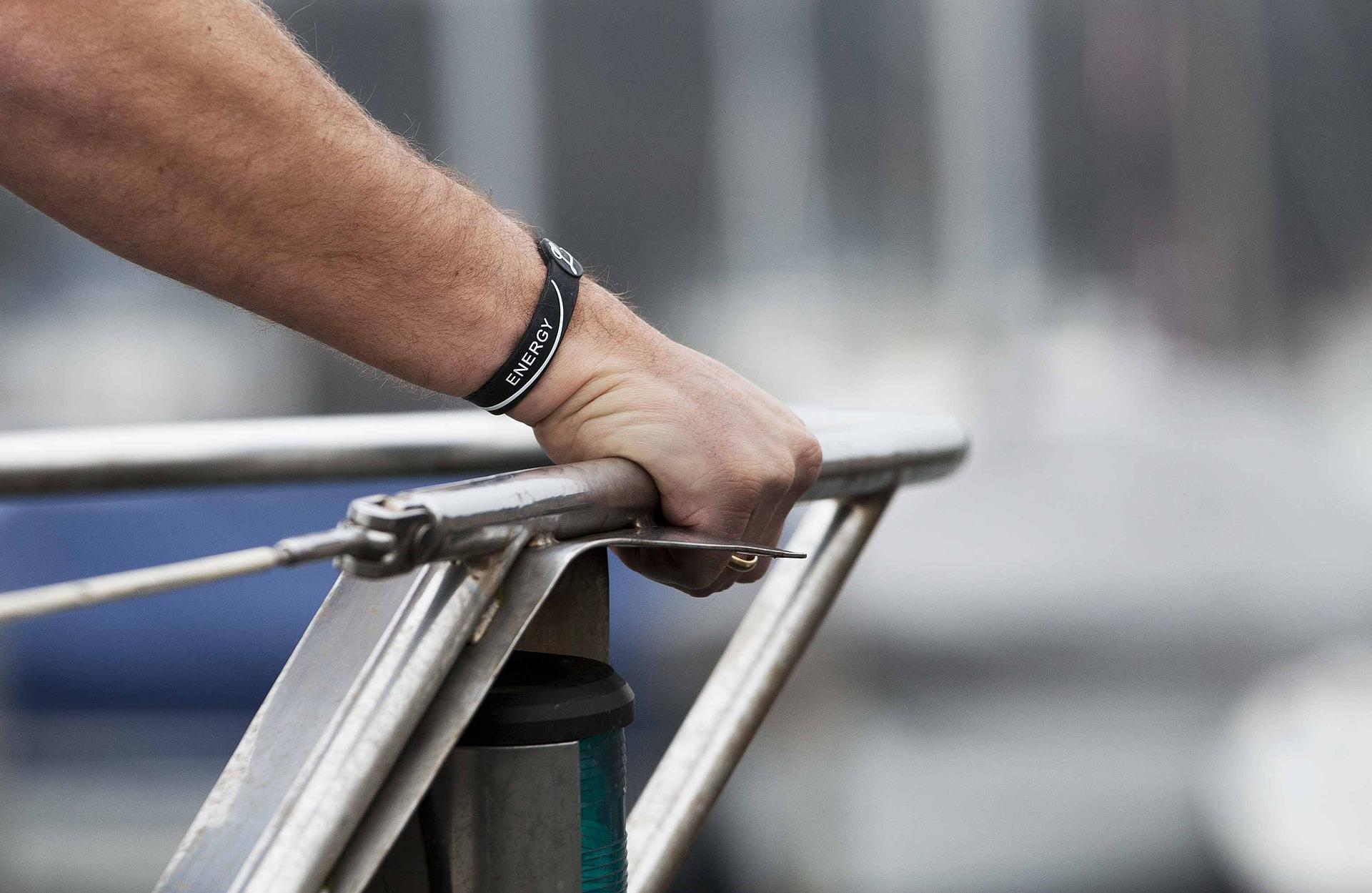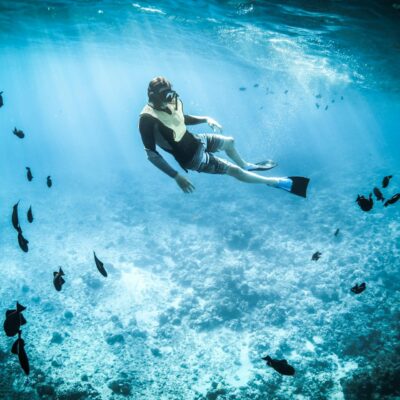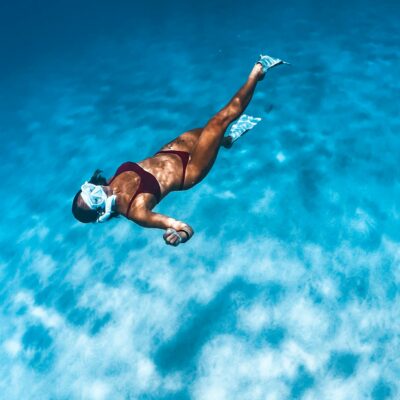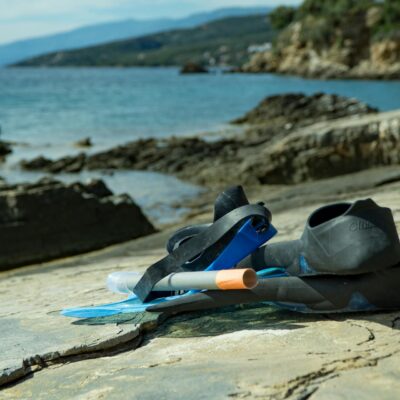Seasickness can affect anyone. Even people who sail regularly can feel dizzy when the motion of the waves doesn’t match what the eyes and inner ear expect. The good news is that you can greatly reduce the chances of getting seasick with simple habits, the right place to sit, and a few natural or medical remedies. This guide explains in clear steps how seasickness works, how to prevent it, what to eat, where to sit, what to avoid, and what to do if symptoms appear.
Why does seasickness happen?
The medical name is motion sickness or cinetosis. It occurs when the brain receives mixed signals from the body. The inner ear feels movement, but the eyes do not see the same movement, especially inside a cabin or when looking down. This conflict creates nausea, dizziness, tiredness, pale skin, sweating and sometimes vomiting.
- The inner ear (vestibular system) is responsible for balance.
- The brain tries to understand signals from the ears, eyes and muscles.
- When the signals don’t match, nausea begins.
- Children, elderly people and pregnant women are usually more sensitive.
Common symptoms of seasickness
- Stomach discomfort or nausea
- Cold sweat
- Yawning and tiredness
- Dizziness or spinning sensation
- Pale skin
- Vomiting (in more intense cases)
How to prevent seasickness before boarding
Prevention starts long before the boat leaves the port. Your body reacts better to movement when it is rested, hydrated and not overloaded with heavy food or alcohol.
- Sleep well the night before. Tiredness increases sensitivity to motion.
- Avoid alcohol the night before and on the day of the trip.
- Eat a light meal 1–2 hours before boarding (pasta, toast, rice, bananas).
- Avoid dairy, fried food and heavy meals.
- Do not arrive with an empty stomach. An empty stomach can make nausea worse.
- Stay hydrated but avoid drinking too much at once.
- Take ginger (tea, biscuits or capsules) if it helps you.
- Arrive early so you are relaxed before boarding.
How to avoid seasickness on a boat
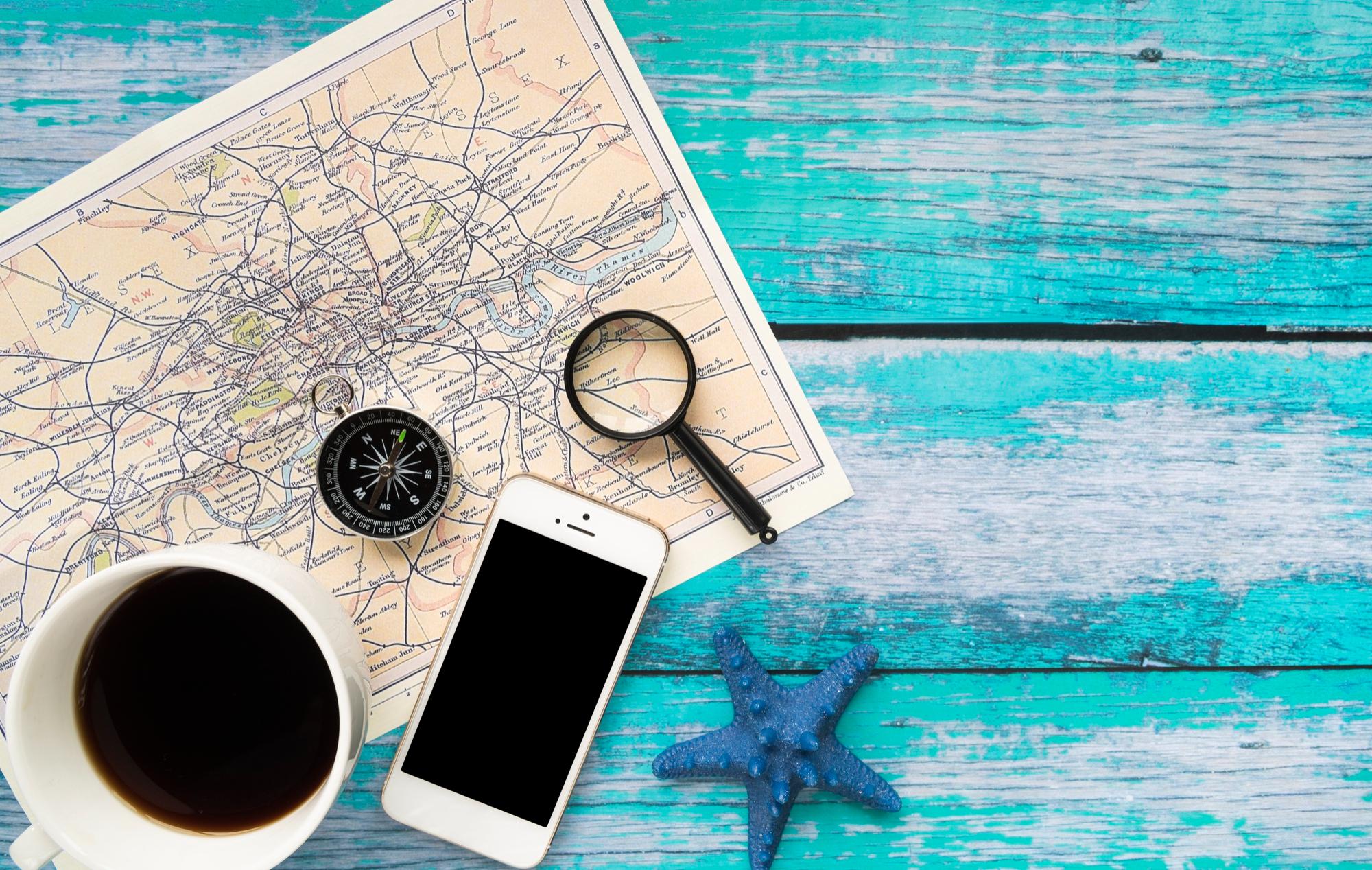
- Look at the horizon. This stabilizes the brain and matches visual movement with body movement.
- Sit facing the direction of travel.
- Avoid reading or using your mobile phone.
- Do not look at the waves below the boat.
- Stay outside in the fresh air. Cabins worsen motion signals.
- Avoid strong smells like fuel, perfume or cigarettes.
- Keep your body relaxed and breathe slowly.
- Avoid focusing on fixed objects such as screens or books.
- Keep your mind busy. Talking, observing scenery or helping with simple tasks helps.
- Stay warm if the weather is cold, as chills worsen nausea.
Best place to sit on a boat to avoid seasickness
Where you sit is one of the most important factors.
- The center of the boat has the least movement.
- Close to sea level is more stable than upper decks.
- Face forward and keep your body aligned with the boat’s direction.
- Avoid the stern because it moves the most and vibrations are stronger.
- Avoid closed indoor areas. Lack of fresh air increases nausea.
How to avoid seasickness on a ferry

Ferries are large and more stable, but some passengers still feel motion sickness. These tips work especially well for large boats:
- Sit in the middle front section where movement is minimal.
- Choose a seat near a window to see the horizon.
- Avoid the back of the ferry where engine vibration is strongest.
- Walk outside to breathe fresh air if you start feeling unwell.
- Avoid facing backwards; always keep your line of sight forward.
How to avoid seasickness on a small boat or fishing boat
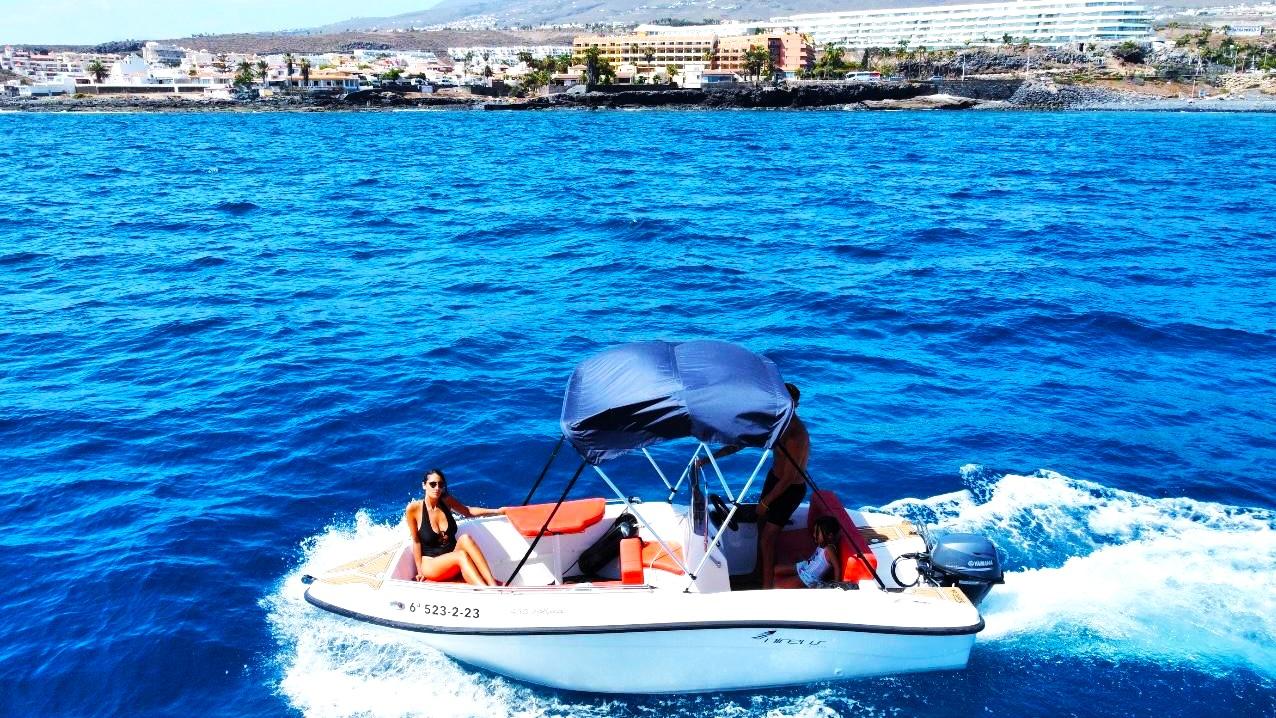
Small boats move more, so prevention is even more important.
- Sit as close to the center as possible.
- Look at the horizon more often than on large boats.
- Keep your body flexible and allow it to move with the waves.
- Avoid looking down at equipment or fishing gear for long periods.
- Stay hydrated and eat light snacks during the trip.
Natural remedies to prevent seasickness

- Ginger: tea, candy, biscuits or capsules.
- Acupressure on the P6 point (inner wrist). Press with your thumb or wear an acupressure band.
- Deep breathing techniques: slow breathing calms the nervous system.
- Fresh air: one of the most effective natural stabilizers.
- Stay upright rather than leaning forward.
Medication for seasickness (general information)
Medication can be helpful, especially on long trips. Always follow instructions and consult a professional if needed.
- Dimenhydrinate (commonly used for motion sickness)
- Meclizine
- Scopolamine patches (behind the ear)
- Antihistamines designed for motion sickness
Most medications work best when taken 30–60 minutes before boarding. They are less effective once symptoms have already started.
What to do if you start feeling seasick
- Sit in the center of the boat and face the horizon.
- Breathe slowly and avoid focusing on close objects.
- Loosen tight clothing and get fresh air.
- Avoid strong smells.
- If you need to vomit, do not fight it; relief often comes afterward.
- Drink small sips of water or a drink with electrolytes.
- Cold air or splashing water on your face can help.
- If conditions allow, a short swim sometimes stops nausea.
Land sickness after a boat trip (“land legs”)
Some people feel dizzy once they return to land. This is known as “land sickness”. It happens when the body is still adjusting after several hours of movement.
- It usually disappears within a few hours.
- Rest, hydration and light food help.
- If symptoms last more than a day, consider medical advice.
Frequently asked questions

How can I avoid sea sickness quickly?
Look at the horizon, move to the center of the boat, breathe slowly and get fresh air.
What is the best place on a boat to avoid seasickness?
The center of the boat, low to the water and facing forward.
Does eating help?
Light carbohydrates help. Heavy, greasy or dairy foods increase nausea.
What should I avoid?
Alcohol, strong smells, heavy meals, reading and screens.
Do ginger pills work?
Many people find ginger helpful for mild nausea.
Can seasickness happen on big ferries?
Yes, especially during windy days, but large ferries move less, so symptoms are usually milder.
Can I still get seasick after years of boating?
Yes, anyone can experience it depending on conditions.
Is seasickness dangerous?
It is uncomfortable but usually not dangerous. Dehydration can occur if vomiting is prolonged.
Safety disclaimer
This article provides general information about seasickness for educational purposes only. It is not medical advice. For specific recommendations, medication guidance or personal conditions, consult a qualified healthcare professional.

